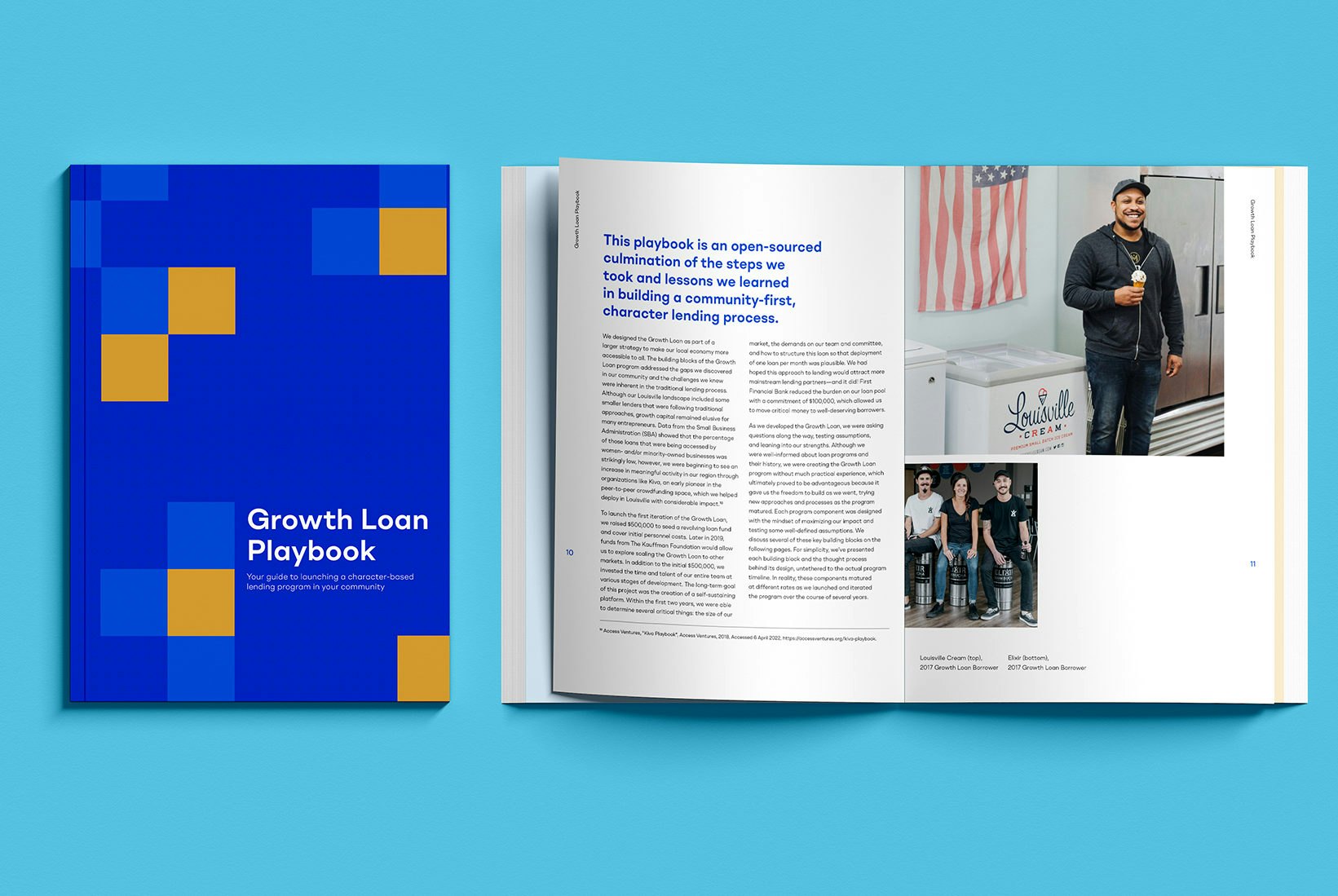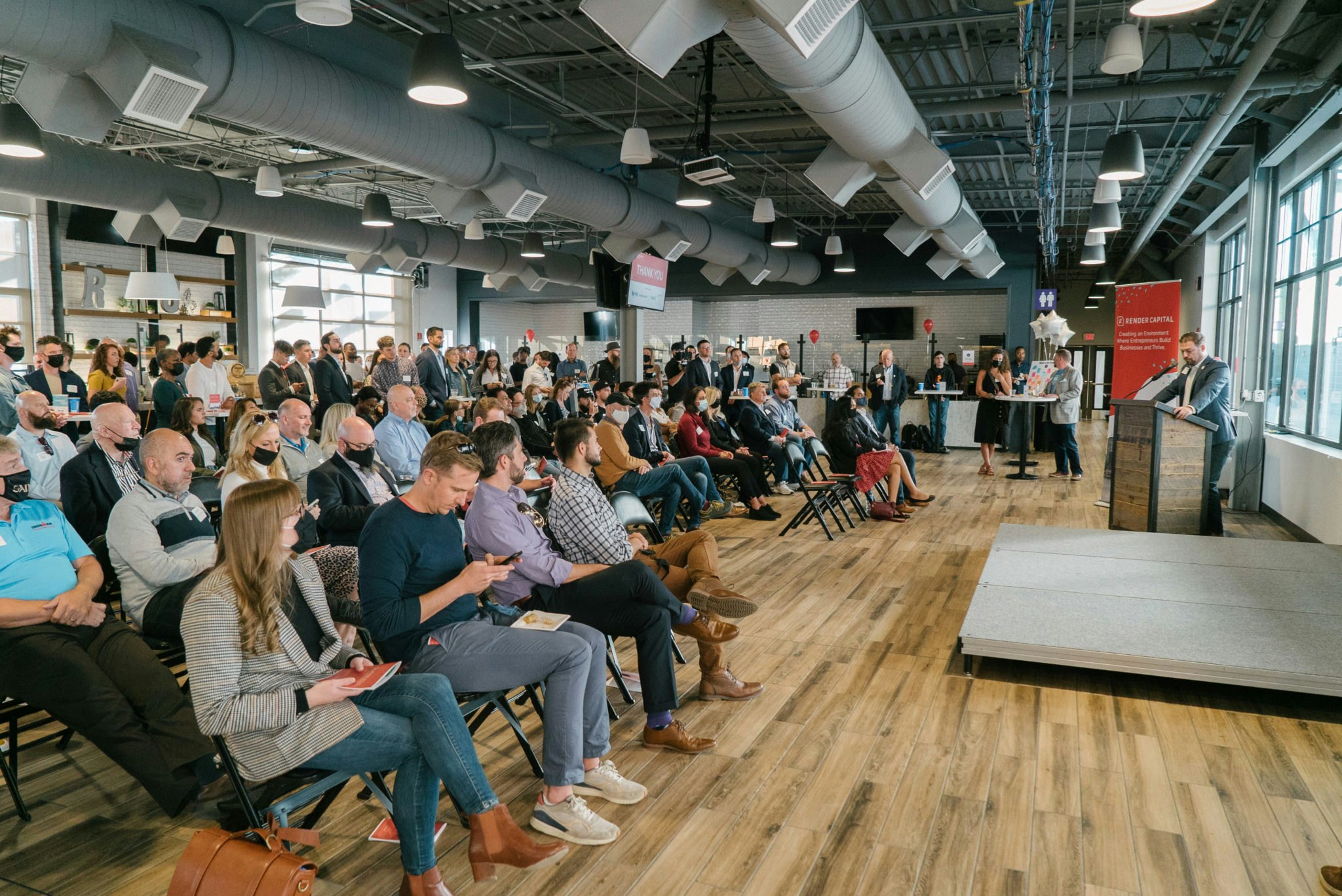Facilitating Conversations About Startup Ecosystems
If you’ve attended one or more meetings in the past year in which there was a conversation about what was needed to help stoke your local startup scene, please take a moment to metaphorically raise your hand. Across the country, economic development groups, entrepreneurs, and community advocates are all trying figure out what makes a healthy and robust local ecosystem. Tulsa, Cleveland, Greensboro, Atlanta, and others are all seeking to spur on business creation.
It’s very common for community meetings around business creation to focus on cultivating high-growth startups. Sadly, support for small business creation and growth can seem less exciting. The stark reality is that less than 1% of companies receive venture funding of any kind, which should place the small business ecosystem at the forefront of discussion in every city. Small businesses play a key role in job and culture creation; proactive support of this segment consequently creates a community that is more attractive for high growth startups and transplants alike.
Small businesses play a key role in job and culture creation.
Depending on the number of these conversations you’ve participated in within the past few months, the topic can easily be deflating. As both good and bad ideas are presented, you begin to realize that the time, funding, and influence that is necessary for a new initiative is significant and that existing resources are still underutilized.
Below are three things to think about when it comes to meaningful community discussion around increased economic growth and business creation.
Simple Solutions
Overly complex solutions are a red flag for unproductive brainstorming sessions. seems like common sense, but it can be difficult to assess in the moment. Building a startup Hub, finding an alpha entrepreneur to mentor multiple cohorts of ten or more startups, and putting together a $10 million fund sounds wonderful. In fact, I’d bet good money that if you’re reading this you’ve heard of a very similar idea for your own locale. While this is a wonderful long term goal, it’s the type of idea that will distract brainstorming sessions for anywhere from months to years.
Idea Collection
Idea collection is often overlooked, but is necessary for analysis and avoiding repetition. If ideas are not collected in some sort of central database, such as a Google doc or even a medium account, it becomes far to easy to repeat conversation around those ideas in the future. It’s not uncommon for stakeholders to come and go. For new entrants, a list of ideas that have already been considered can save quite a bit of time. It’s also helpful in avoiding potential arguments on topics that were previously discussed and might be better to re-engage outside of the meeting. Tracking these short-term ideas and wins result in meaningful progress and more informed conversations when large complex goals actually are part of the agenda.

Success In 12 Months Or Less
Can the idea really be accomplished in less than 12 months with current resources? In general, volunteer driven implementation should be avoided as much as possible, or limited to minimum viable product efforts. Amazingly it seems common place for an action item from a community brainstorming session to rely on one or two volunteers with little to no funding. While many people dream of being able to donate their time for the good of the community, it’s very unrealistic to think that the pool of volunteers with the best skill sets will also have enough personal wealth to have the flexibility required operate on a volunteer basis for the amount of time it takes to determine whether or not phase two or three of a project makes sense.
On the contrary, in my own experience with local Kiva initiatives, having just one person who is resourced to implement the project on a full time basis can increase results tenfold. Think of it as the difference between a side hustle and committing to run a full-time business. Relying on volunteer leaders who can only devote 5-10 hours a month to work on a project without the weight of an existing organization behind them severely hampers progress. While this solution comes with a cost, funding is almost always ultimately required to achieve any level of sustainability. In addition, Many of these ideas can be funded 100 times over relative to the cost of something like a startup Hub.
What are your favorite strategies for effective community conversations around economic growth and business creation? Please let us know. We’d love to hear from you!



